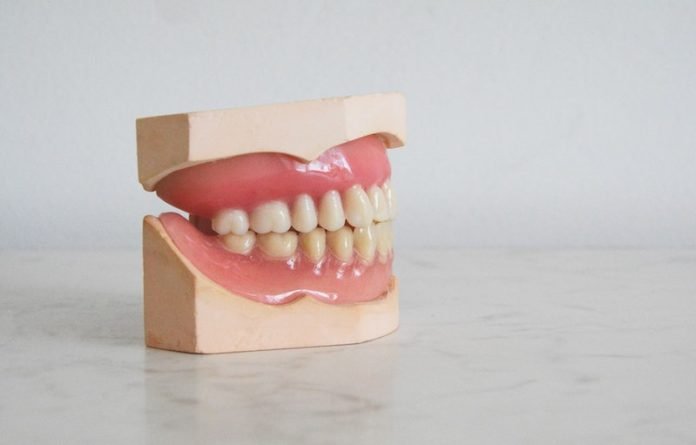
The tissue surrounding our teeth, known as the gingiva or gums, plays an important role in keeping our teeth healthy and strong.
Gingiva is made up of many fibers that connect the tooth to the surrounding tissue, and these fibers are critical in maintaining the position and stability of our teeth.
Recently, a group of scientists from Tohoku University in Japan have discovered that the stiffness of the gingiva can influence the properties of cells known as gingival fibroblasts.
These cells are responsible for forming and maintaining connective tissue in the gums, and their behavior is critical in preventing inflammation and promoting healthy gum tissue.
The researchers found that softer gingiva is more likely to become inflamed and produce fewer gingival fibers, which can lead to a variety of dental problems, including gingival recession, where the gum tissue begins to recede and expose the root of the tooth.
Many factors can contribute to gingival recession, including gum disease, aggressive brushing, and tobacco use, but this study is the first to link gingival stiffness to biological reactions in the body.
To study the effects of gingival stiffness on gingival fibroblasts, the researchers created an artificial environment that simulated soft or hard gingiva and cultured human gingival fibroblasts on them.
They discovered that when the stiffness of the artificial gingiva was increased, an intracellular anti-inflammatory system in the gingival fibroblasts was activated, which prevented inflammation and promoted healthy gum tissue.
However, when the artificial gingiva was made softer, the fibroblasts were more likely to become inflamed and produce fewer gingival fibers, which can lead to a variety of dental problems.
The researchers believe that their findings could have important implications for the development of new dental materials and technologies that can promote healthy gum tissue and prevent inflammation.
For example, the results could be used to develop new biomaterials that can control inflammation in the gums or microdevices that simulate the microenvironment of inflammatory conditions.
Overall, this study highlights the importance of healthy gums in maintaining overall dental health and suggests that gingival stiffness may play a critical role in preventing inflammation and promoting healthy gum tissue.
By understanding the biological mechanisms at play in gingival fibroblasts, researchers may be able to develop new treatments and technologies that can improve dental health and prevent common dental problems like the gingival recession.
If you care about gum health, please read studies about four health conditions linked to gum disease, and new gel could treat gum disease by fighting inflammation.
If you care about heart disease, please read studies about best time to take vitamins to prevent heart disease, and Vitamin K2 could help reduce heart disease risk.
The study was conducted by Watcharaphol Tiskratok et al and published in Scientific Reports.
Copyright © 2023 Knowridge Science Report. All rights reserved.



